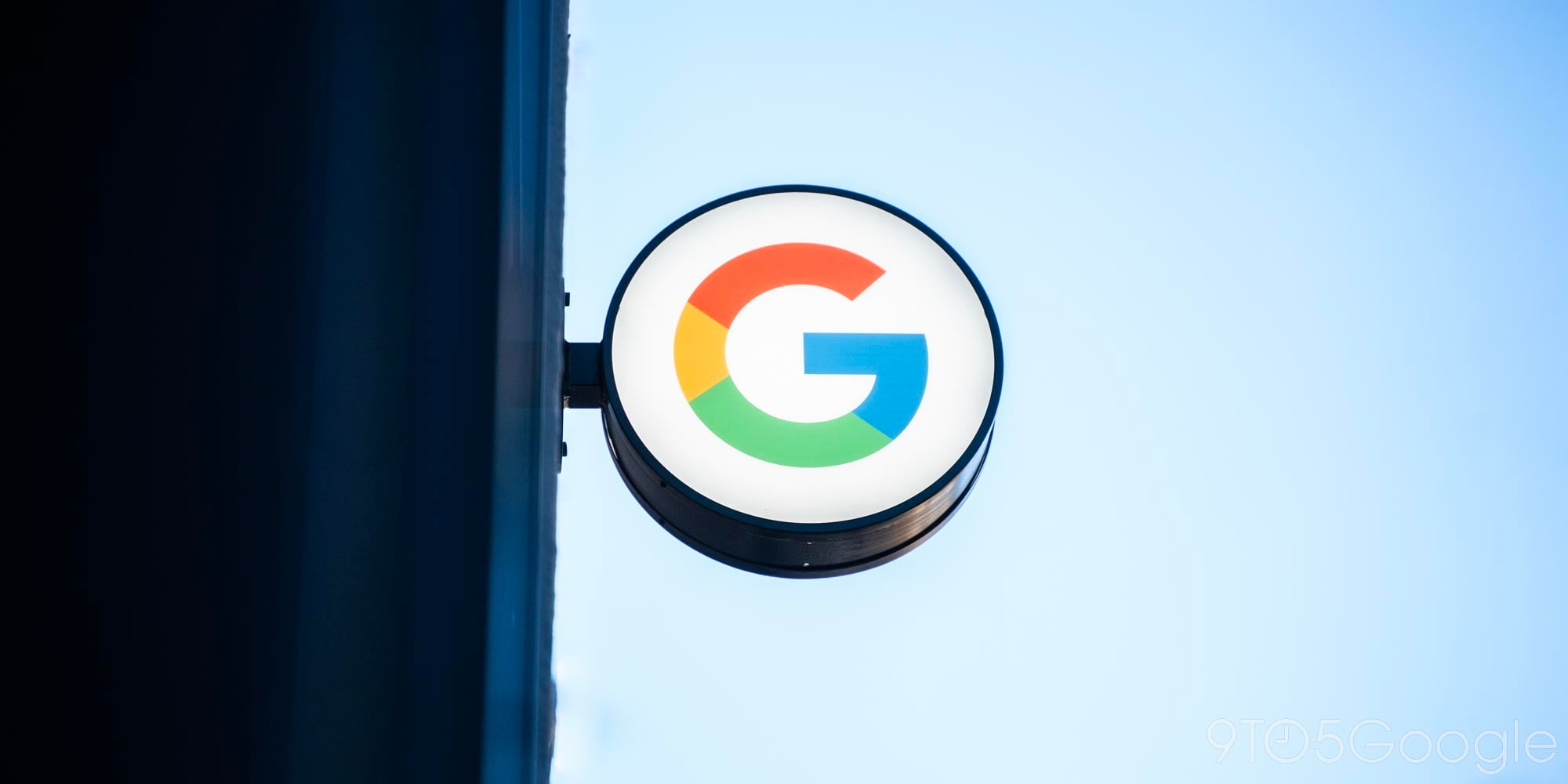Render gives first look at next-gen reversible USB Type-C cable coming in July

Back in December, the the USB 3.0 Promoter Group announced that a next-generation of USB connectors was under development. The new standard, dubbed “USB Type-C,” introduces a new design, a smaller overall footprint, and usability enhancements such as a symmetrical, reversible connector that doesn’t require users to worry about orientation when plugging in (much like with Apple’s Lightning connector.) It will also allow manufacturers to create thinner and sleeker product designs and scale for future USB performance standards with a transfer speed up to 10Gbps. Today we get our first look at what the cable and connectors will actually look like with a rendering courtesy of Foxconn (via TheVerge).
Expand
Expanding
Close


